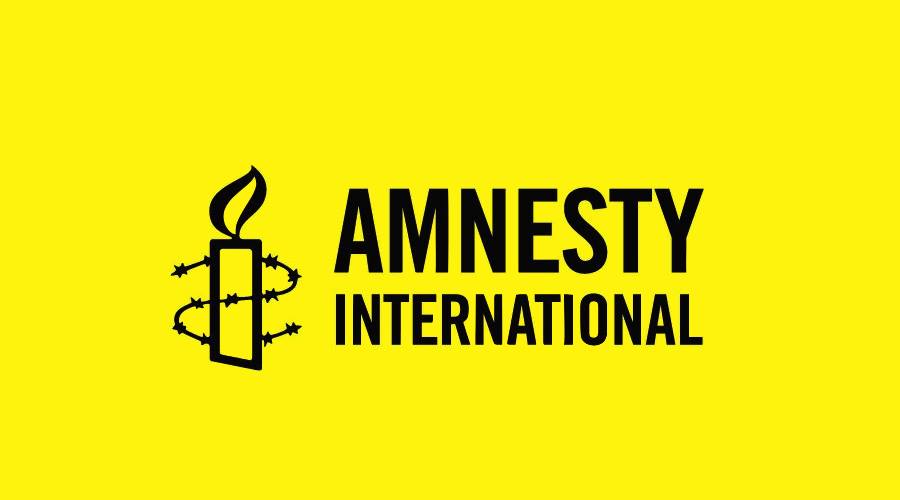Amnesty International presents report about impact of ‘borderization’
Human rights toll of “borderization” in Georgia reveals the devastating impact of efforts by Russian forces and the de facto authorities to set up an “international border,” Amnesty International said in a new report.
“Russia’s and the de facto authorities’ attempts to physically demarcate a boundary between the breakaway territories of Abkhazia and South Ossetia/Tskhinvali Region and the rest of Georgia have led to severe restrictions on freedom of movement and other human rights violations, with families separated by barbed wire, cut off their livelihoods and at risk of arbitrary detention if they try to cross,” the report reads.
According to the report, human rights toll of “borderization” in Georgia reveals the devastating impact of efforts by Russian forces and the de facto authorities to set up an “international border” along the disputed boundary by installing barbed wire, fences, ditches and other physical barriers that have divided communities and cut villagers off from farmland, water sources, places of worship and even family burial sites.
“Russia exercises effective control over Abkhazia and South Ossetia/Tskhinvali Region, and as such must respect its obligations under international humanitarian law and uphold human rights in these territories,” the report reads.
Amnesty International says in the new report the “borderization” has resulted in the closure of several official crossing points between South Ossetia/Tskhinvali Region and Abkhazia.
“The ‘borderization’ has had a pernicious impact on what was once active cross-boundary trade. It has seriously eroded the social and economic situation in communities straddling the divide, as local producers have lost access to the nearest markets,” the report reads.
The report is based on some 150 testimonies collected during field trips to Georgia in March and July 2018, and June 2019. Amnesty International wrote to the Russian government, the de-facto authorities in Abkhazia and South Ossetia/Tskhinvali Region, and the government of Georgia with a summary of our findings and human rights concerns, presenting them with an opportunity to respond and to have their input reflected in the report.
